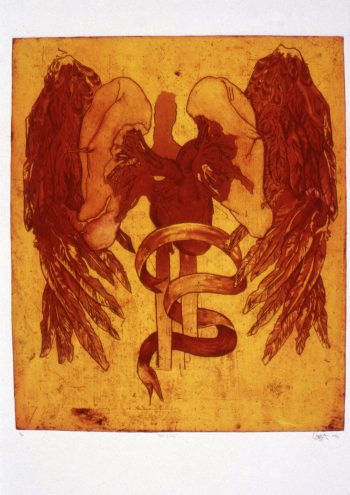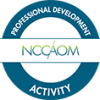TREATABLE CONDITIONS
Anxiety and Depression
At some time, most of us have experience some form of depression, anxiety or stress. It is a normal and healthy response to events in our lives that seem overwhelming.
When we are balanced, physically and emotionally, we can easily bounce back from a depressed or anxious state and move on with our lives. But, when negative feelings and emotions become persistent, anxiety and depression can be debilitating and greatly impact the quality of life of those of suffer with these conditions.
According to the American Psychological Association (APA) 12.7% of the U.S. population over age 12 took antidepressant medication in the past month with 3.4% of those children between the age of 12 and 19. The Journal of the American Medical Association (JAMA) Internal Medicine reported that in 2013 about one in six U.S. adults reported taking one or more psychiatric drugs and many report long-term use.

A 65% increase in the use of antidepressants and other psychiatric drugs over 15 years was reported by the Centers for Disease Control and Prevention (CDC). This is not hard to imagine. In our modern, fast-paced world, who doesn’t experience some degree of stress, anxiety or depression? According the physicians’ Desk Reference, the top antidepressant drugs only addresses signs and symptoms associated with depression and anxiety and can cause a variety of side effects including nausea, increased appetite and weight gain, loss of sexual desire as well as other sexual problems, such as erectile dysfunction and decreased orgasm, fatigue and drowsiness, insomnia, dry mouth, blurred vision, constipation, dizziness, to list only a few. While medications may provide temporary relief, they can also further compromise our health.
In the World Health Organization’s (WHO) landmark study “Acupuncture: Review and Analysis of Reports on Controlled Clinical Trials” made the following statement with regards to acupuncture and the treatment of psychiatric disorders and mental disturbances:
“Acupuncture is being increasingly used in psychiatric disorders. The effect of acupuncture on depression (including depressive neurosis and depression following stroke) has been documented repeatedly in controlled studies. Acupuncture is comparable with amitriptyline in the treatment of depression but has fewer side-effects. In addition, acupuncture has been found to be more effective in depressive patients it decreased excretion of 3-methyl-4-hydroxy-phenylglycol (the principal metabolite of the central neurotransmitter norepinephrine), while amitriptyline is more effective for those with inhibition in the dexamethasone suppression test. This suggests that these two therapies work through different mechanisms. There have also been reports that, in controlled trials of schizophrenia treatment, acupuncture might have a better effect than chlorpromazine.
Acupuncture (auricular acupressure) is much more effective than sychotherapy in the treatment of competition stress syndrome and is worth further study.”
At Eastern Shore Acupuncture we see how stress, anxiety depression and post-traumatic-stress-disorder (PTSD) greatly impact not only an individual’s health and well-being but their quality of life as well. For many people, anxiety, depression and stress can be the root of other health concerns such as insomnia, panic attacks, difficulty concentrating, muscle tension and digestive problems to name only a few. We also see the positive impact acupuncture has on relieving these symptoms and calming the parasympathetic “fight or flight” response.


